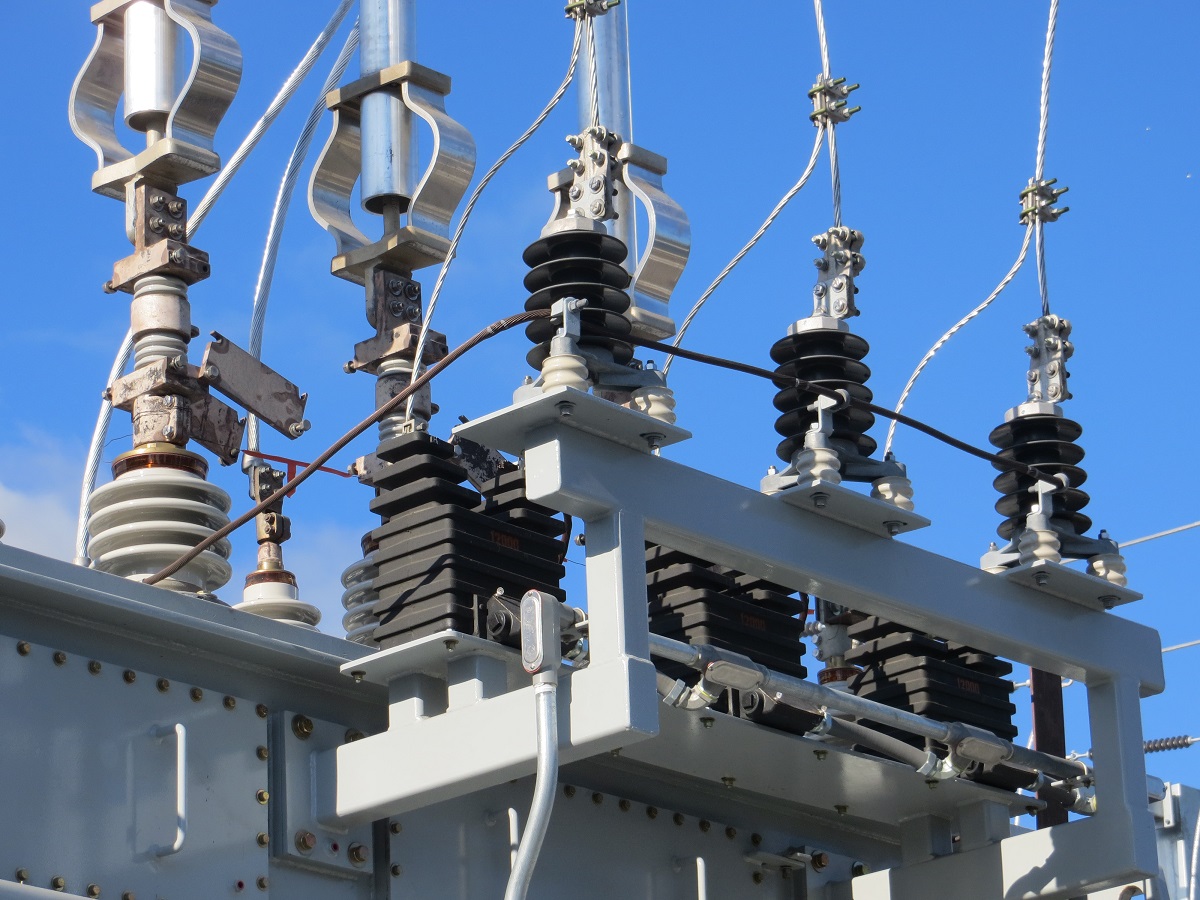With US energy prices on the increase and US officials trying to piece together gas supplies for Europe in the event of a Russian assault on Ukraine, the US isn’t doing much to assist the issue with high energy prices right now, writes Jeffrey Kupfer in The Hill.
Kupfer, a former acting deputy secretary of energy in the George W. Bush administration, believes that regardless of how one feels about natural gas (and oil), the truth is that it is an important component of our energy system and will be there for a long time.
According to the Energy Information Administration (EIA), natural gas consumption in the United States will be about stable in 2022 and 2023. Analysts anticipate that demand will continue robust in the long run. One industry official recently said that he anticipates a 25% growth in North American natural gas consumption by 2030.
The tale is the same all around the globe. McKinsey & Company forecasted in a 2021 research that gas consumption would expand at a rate of about 1% per year until 2035. According to the EIA, worldwide natural gas consumption would rise by more than 40% by 2050.
Crude oil prices just surpassed $90 per barrel, and national gas prices now average $3.44, an almost $1 rise over this time last year. In Europe, even in the absence of a Russian invasion and the ensuing sanctions, gas prices climbed by 30% at the start of 2022.
With all of these foreseen results, you’d think the Biden administration would be seeking initiatives to assist solve the problem. You’d think they’d be supporting the creation of vital infrastructure, expediting approvals, and attempting to alleviate bottlenecks.
But that’s not what we’ve observed, according to Kupfer. The termination of the Keystone Pipeline on Inauguration Day just set the tone; similar issues have arisen with other projects. After eight years of legal fighting, the Constitution Pipeline, for example, was canceled in 2020. Since 2016, the American Midstream (Magnolia Extension) project, which would have supplied Marcellus and Utica shale gas to booming Southeast markets, has been on hold. Because of heavy red tape, the Atlantic Coast Pipeline was abandoned after six years. The Mountain Valley Pipeline, which would provide vital energy to the East Coast, has been beset by a slew of setbacks, including legal challenges filed as recently as last month. The list goes on and on.
Aside from pipelines, we must continue to encourage the export of liquefied natural gas (LNG), said Kupfer. LNG shipments from the United States reached new highs last year, and they are anticipated to rise much more this year. This is why projects like Train 6 at Cheniere Energy Inc.’s Sabine Pass LNG export facility, Next Decade’s Rio Grande terminal, and Venture Global’s Calcasieu Pass are so important. They help to create employment and economic development in the United States, as well as deliver enhanced energy security and climate advantages throughout the globe.
Even the European Commission has acknowledged this reality, announcing that natural gas may be designated as “green energy” and “sustainable investment.” This is consistent with an industry study that found that for countries like Germany, China, and India, LNG may help reduce greenhouse gas emissions by up to 50%.
Mr. Kupfer contends that, even as the United States adopts policies that pave the way for a lower-carbon energy future, it must acknowledge reality and the unavoidable consequences of its own actions.
“We cannot deny the importance of natural gas and oil in our economy.” We can’t disregard supply and demand rules. We can’t ignore the significant effect these policies are having on people and companies.”
According to the author, the United States’ priority should be to lower domestic energy prices by promoting – rather than obstructing – domestic infrastructure and production; meet growing global demand for LNG, and loosen Russian President Vladimir Putin’s grip on Europe by allowing and building terminals to move robust American supplies to market; and, finally, support natural gas as a fuel to help the world win on climate. These measures are a winning formula for both the United States and the rest of the globe.

